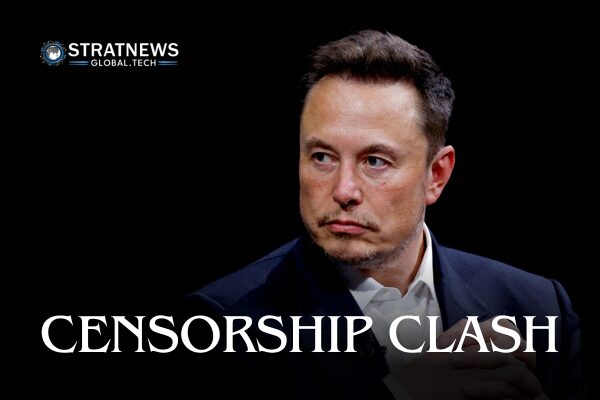Elon Musk’s X Battles Indian Government Over Internet Censorship
In early 2025, a quiet post on X, Elon Musk’s social media platform, caught the attention of police in Satara, India. The post, written in 2023, described a senior government politician as “useless”. Authorities claimed it could incite serious communal tensions and issued a confidential takedown notice to X.
That post, which remains online, is now part of a major legal battle between X and the Indian government. In March, X filed a lawsuit challenging what it sees as an unconstitutional crackdown on online speech under Prime Minister Narendra Modi’s administration.
India Expands Online Censorship Powers
Since 2023, India has widened its powers to police online content. More government bodies and police units can now send takedown requests directly to social media platforms through a new official portal called Sahyog, launched in October 2024. The Ministry of Electronics and Information Technology argues this system helps control unlawful content and hold users accountable.
However, X claims these measures violate free speech rights. The platform argues that the current approach allows widespread censorship, letting government officials silence criticism, satire, and news that casts them in a negative light.
According to court documents, takedown notices have even targeted media coverage of tragic events and cartoons that mock political figures. Examples include efforts to remove news of a deadly stampede at New Delhi’s main railway station and a cartoon featuring a red dinosaur labelled “inflation”.
X Pushes Back Against Takedown Orders
X’s lawsuit, filed in Karnataka High Court, calls India’s approach a threat to democratic values. It challenges both the 2023 directive allowing more officials to demand content removal and the use of the Sahyog portal. The platform says it has been asked to remove around 1,400 posts or accounts from March 2024 to June 2025.
More than 70% of these requests came from the Indian Cybercrime Coordination Centre. This agency operates under the home ministry, led by Modi’s close aide, Amit Shah. The government claims that X hosts illegal content, including hoaxes, misinformation, and even child abuse material.
Still, many takedown requests appear politically motivated. They include demands to remove posts that portray officials in unflattering ways, including those involving Jay Shah, son of Amit Shah and chair of the International Cricket Council.
Growing Global Pressure on Free Speech
This legal clash adds to Musk’s broader disputes with regulators around the world. While he promotes himself as a “free speech absolutist”, governments from the US to Brazil have pushed back on X’s refusal to fully comply with takedown demands.
India, one of X’s largest markets, is now at the centre of this global debate. Despite his ongoing legal battle, Musk has continued to praise India’s economic potential and has expressed plans to expand Tesla and Starlink in the country.
Even members of Modi’s ruling Bharatiya Janata Party (BJP) have faced censorship. In one case, a BJP member posted a cartoon of a political rival wearing an astronaut suit. Police issued a takedown notice, citing risks to public safety, even though the image remained online.
Critics argue that India’s current censorship regime is designed to suppress dissent. Subramaniam Vincent, an expert in media ethics, said the government should not act as both the judge and enforcer when it comes to online speech.
with inputs from Reuters


